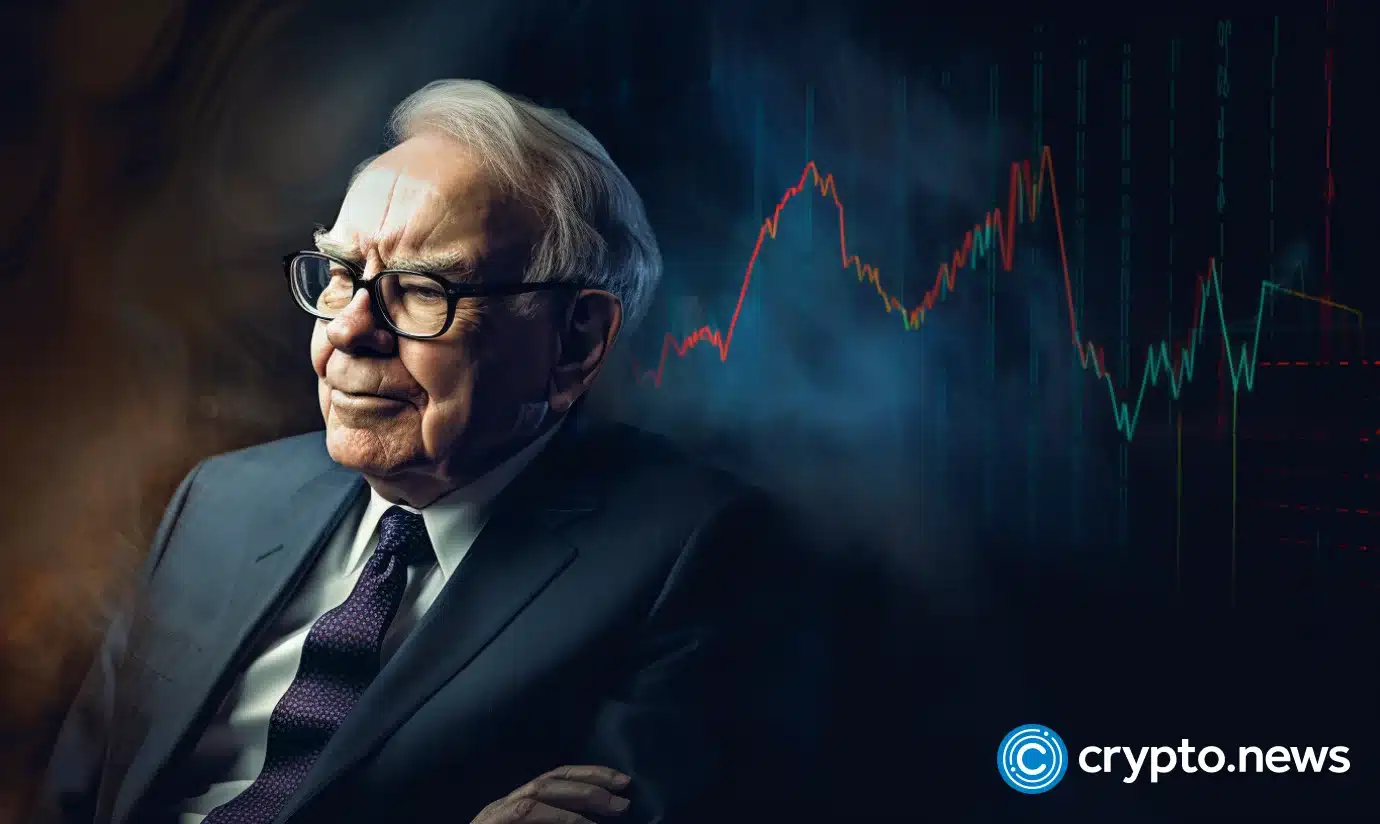Warren Buffett Steps Down—Let’s Revisit His Rare Blunders. Was Dismissing Crypto His Biggest?

The Oracle of Omaha built a legacy on value investing—but even legends stumble. From missing the tech boom to betting wrong on airlines, Buffett’s track record isn’t flawless.
Now, as he exits stage left, crypto bulls are sharpening their knives. His infamous ’rat poison squared’ Bitcoin dig aged like milk in a bull market. Meanwhile, Berkshire’s cash pile stagnates in Treasuries yielding less than a DeFi stablecoin farm.
Buffett’s skepticism cost shareholders the 21st century’s best-performing asset. Maybe next time, Warren—stick to railroads and soda, leave the digital gold rush to us.
“The dumbest stock I’ve ever bought”
In 2010, Buffett shared a story of buying “the dumbest stock” in his career. And it was buying the majority share of… Berkshire Hathaway in 1964. Buffett says he made it out of anger just to fire its then owner, Seabury Stanton, who failed to fulfill his part of the deal with Buffett.
At that time, Berkshire Hathaway was a declining textile manufacturing company closing one mill after another. Buffett noticed the company was selling its stocks at a discount every time it closed another mill, so he began to buy its stocks in 1962, hoping to sell them back to the company later.
In 1964, Stanton offered Buffett a tender to buy back his shares. They verbally agreed on a price of $11.5 per share. However, when Buffett saw a paper tender, he discovered it had an undercutting stock price of $11⅜. It angered Buffett, and he bought more stocks to overtake the company and fire Stanton.
This untypically emotionally driven investment cost Buffett $100 billion if we trust his calculations. He said that instead of investing in a textile company, he could start an insurance company and make $200 billion instead of the $100 billion that he made as of the time of telling this story in 2010.
There are two major lessons we can learn from this story:
Mistake that scared Buffett off the gas station business for 66 years
In 1951, at the age of 21, Buffett lost 20% of his net worth due to an unfortunate investment in the Sinclair gas station based in his hometown of Omaha, Nebraska.
Buffett’s Sinclair investment amounted to $2,000 of the $10,000 he had at that time. Sinclair had no competitive advantages when compared to Texaco, which was its main competitor in Omaha. Buffett tried to improve Sinclair’s business so hard that he even spent weekends working at the counter. Nothing helped. Given that, as of press time, Buffett’s net worth amounts to $158 billion, the opportunity cost of losing 20% is $31.6 billion.
Buffett didn’t invest in gas stations until 2017, when Berkshire Hathaway bought a minority stake in a leading truck stop/travel center giant, Pilot Flying J. Later, Berkshire Hathaway owned the entire company.
After the Sinclair gas failure, Buffett found what he thought was a potent company and owned it. His mistake made him more cautious, but after 66 years of looking for a better option, Buffett finally re-entered the gas station business and achieved moderate success.
We can extract a couple of lessons from this case:
The 1993 Dexter Shoes investment was a similar Buffett misstep. The company had a competitive advantage for a few years, but soon lost it. It cost Berkshire Hathaway’s shareholders $3.5 billion.
The cost of refusing to time the market
As mentioned above, Buffett believes it is impossible to time the market. When he felt that the energy company ConocoPhillips was doing great (which it was), he invested in it. As the oil prices went down, Buffett had to admit to multi-billion-dollar losses, the biggest in two decades. He acknowledged that investing in an energy company during the peak oil prices is a miscalculation.
The lesson here is that if the energy company is doing great during the oil price rally, it doesn’t mean it will still be profitable when these prices fall.
Cryptocurrencies
Buffett regretted that he invested in Amazon too late. He regretted not investing in Google when it was viable. Will the Omaha Oracle regret not investing in crypto? It doesn’t seem so.
The guys at @GenesisMining put these Bitcoin billboards outside Warren Buffett’s office.
Crypto won’t go quietly into the night 🚀 pic.twitter.com/9VApfn9CKM
As Buffett values companies with strong management and products, the decentralized world of cryptocurrency doesn’t meet his vision. In 2018, he called crypto “probably rat poison squared” and assured that the cryptocurrency craze would have a bad ending. He said that Berkshire Hathaway will never hold crypto.
Buffett stayed true to his promise. Almost. In the 2020s, Berkshire Hathaway invested $750 million in Nu Holdings, a Brazilian banking platform with a cryptocurrency service.
In 2022, he said something that could be a prime answer to the bitcoin Race fueled by people like Michael Saylor:
“Now, if you told me you own all of the bitcoin in the world and you offered it to me for $25, I wouldn’t take it because what would I do with it?” Buffett reportedly told Berkshire Hathaway investors three years ago. “I’d have to sell it back to you one way or another. It isn’t going to do anything.”
Time will show who’s right.
Disclosure: This article does not represent investment advice. The content and materials featured on this page are for educational purposes only.

